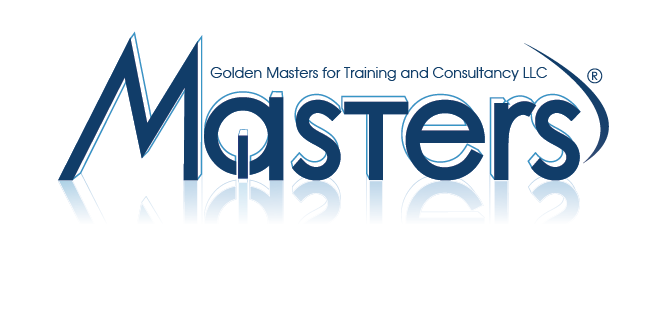This interactive training course includes the following training methodologies as a percentage of total tuition hours:- 50% Lectures 30% Workshops, Group Work & Practical Exercises 20% Videos & Software.

Upon the successful completion of the course, participants will be able to:-
- Heighten knowledge on steel manufacturing including the various processes such as steelmaking, hot rolling & post rolling processes
- Know the method of steelmaking particularly the iron production from ore, conversion of iron to steel and continuous casting
- Understand the procedure on recycling scrap for liquid steel production and become familiar with Ingot casting
- Review & improve hot rolling process of flat & long products and recognize its importance in steel manufacturing industry
- Identify the different post rolling processes such as cold rolling, shearing, heat treating & sawing and be able to determine their features & functions
- Employ process troubleshooting of steel and be able to analyze its common defects including chemistry defects, casting caused defects, rolling defects and post rolling induced defects
- Carry-out process monitoring such as melting, casting, rolling & post rolling and be able to emphasize the preventive measures in equipment issues & quality systems
- Compare the performance of non-destructive & destructive testing of products and be able to know the importance of product testing
Masters Training Company was established in response to the growing need for quality training to support the business community within your Company, Department or Organization by providing a high standard of Training Programs, Courses, Seminars, Workshops and Consultancy Services to employees in a very competitive business environment.
Masters is also an approved vendor from KHDA & ILM
(Institute Review)
55 years ago(Institute Review)
55 years ago
Since the introduction of modern design-oriented computer software, the concrete industry has tended to concentrate on the structural design aspects of reinforced concrete and, as a result, the importance of durability has often been over-lo

This course is designed to develop the knowledge of the engineers’ about the building material for finishing and how it can be constructed. The course aims also to increase the knowledge and skill of the participant bout the material used in

The goal of this course is to provide participants with an advanced understanding of the properties of traditional and emerging materials used in buildings and bridges.

Design of Concrete & Structural Steel Design course is offered by SOS Training Solutions. Courses are designed by subject matter experts.

Design, Construction & Coastal Management
© 2025 www.coursetakers.ae All Rights Reserved. Terms and Conditions of use | Privacy Policy